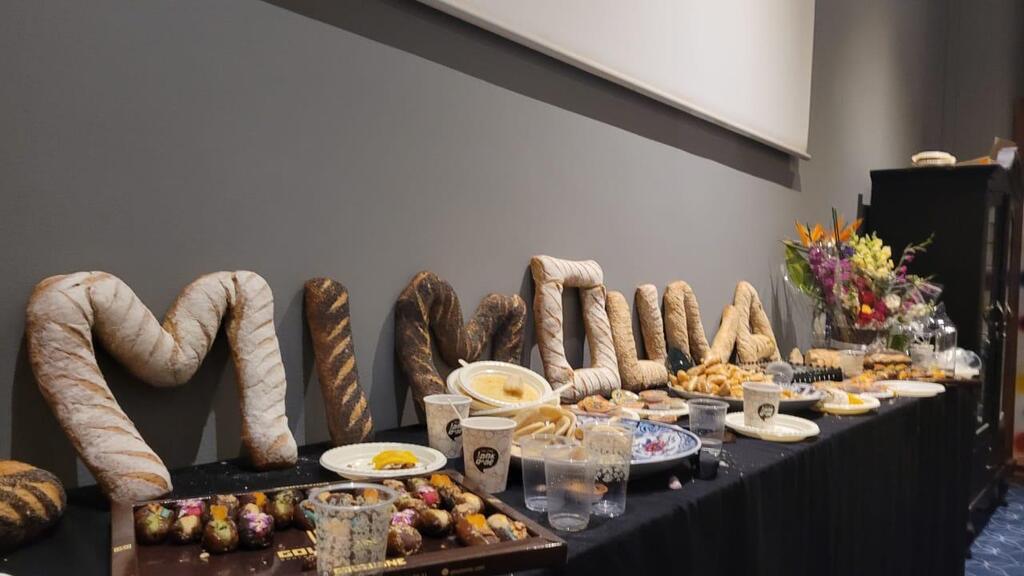It’s official: The mayor of the U.S. capital wants Washingtonians to celebrate the end of Passover with a traditional North African Jewish party.
In a proclamation set to be signed this weekend, Mayor Muriel Bowser will be urging her constituents to celebrate Mimouna, a feast that marks the end of the holiday and that has spread from North Africa to become popular in Israel and beyond.
“Now, therefore, I, the mayor of Washington, D.C., do hereby proclaim Sunday, April 16, 2023 in Washington, D.C. as ‘Mimouna – A Festival of Good Neighbors Day,’ and do commend this observance to all Washingtonians,” the proclamation says.
Bowser’s proclamation was shared with the Jewish Telegraphic Agency by the Washington D.C. chapter of Sephardic Heritage International, which has organized local events around the celebration in the past and is also doing so this year. Bowser made a similar proclamation in 2021, according to the group’s website.
The celebration will take place this year at the Smithsonian National Museum of African Art and will feature a musical performance and traditional North African cuisine. Last year, Israeli and Moroccan government officials attended the D.C. festival. The countries normalized relations as part of the 2020 Abraham Accords.
“The festival is inspired by the Moroccan Jewish and interfaith narratives of unity, commemoration, goodwill, and friendship of neighbors,” Bowser will say in her proclamation.
Mimouna is traditionally celebrated as Passover ends — this year in the Diaspora on Thursday night, and on Wednesday night in Israel. Bowser’s proclamation and the corresponding festivities are timed for a weekend day so more people can attend.
Mimouna festivities are food-centered and particularly feature leavened cuisine as a celebration of no longer having to ingest matzah. The offerings traditionally include mufleta, a crepe-like fried pastry. The celebrations have become more common in recent years in Israel, and presence at Mimouna festivities has become de rigueur for Israeli politicians, whatever their ethnic origin.
The name of the celebration is believed to stem from the father of one of the most influential Sephardic Jews in history, Rabbi Moses ben Maimon, known as Rambam or Maimonides. In addition to shaping Jewish thought and practice, the medieval scholar and philosopher lived part of his life in Morocco and was respected by Muslims as well as Jews. His father, Maimon ben Yosef, was also known for bridging Muslim and Jewish communities, and Muslims traditionally joined Jews in Mimouna festivities when Passover ended.
Distributed by the JTA



